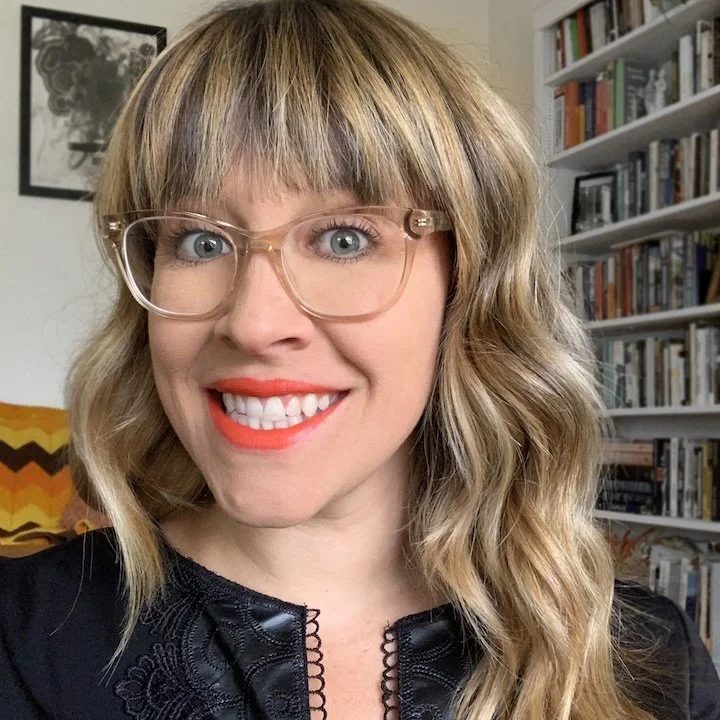Team
Current Team Members
Dr. Aitor Marcos, Professor
Aitor Marcos is a behavioral ecological economist investigating demand-side solutions for climate change mitigation. He conducts experiments and applies other quantitative social science methods to investigate how to influence the norms, beliefs, preferences, and structural factors that shape resource and energy demand. By focusing on the demand side of the equation, Aitor’s research revolves around the following solutions: reducing or shifting consumption patterns, promoting an efficient consumption of material and energy resources, accelerating the energy transition, adopting low-carbon lifestyles, supporting climate policies, and accepting or rejecting new technological solutions, such as carbon capture and storage. He is a professor at the University of the Basque Country in Spain.
Dr. Samantha Mertens, Post-Doctoral Research Associate
Sam is a behavioral scientist studying the decision-making processes that shape pro-environmental behaviors and choices, such as recycling, littering, “green” product use, and environmental donations. Her research aims to understand when and why people choose to act in environmentally friendly ways, with a particular focus on behavioral spillover. Sam uses quantitative survey methods and large-scale field experiments to examine how interventions can leverage social influence, personal agency, and perceptions of responsibility to motivate sustained environmental action. Her current research investigates public perceptions of Direct Air Capture (DAC) technology for atmospheric carbon removal and actively open-minded thinking.
Dr. Amanda Molder, Post-Doctoral Research Associate
Amanda Molder is a social scientist specializing in environmental communication, with a focus on how media narratives and framing shape public understanding of science, risk, and policy. She conducts experiments, interviews, and computational content analyses to examine how communication influences attitudes, emotions, behaviors, and policy preferences around pressing environmental issues, including wildfires, climate change, and decarbonization technologies. Her current research investigates how metaphors used to describe carbon removal technologies like Direct Air Capture (DAC) — for example, as an “air filter” or “vacuum cleaner” — influence public perceptions of their feasibility, safety, and legitimacy. Amanda’s work contributes to understanding how communication can accelerate or constrain climate and carbon management solutions.
Jenna Blyler, Doctoral Student
Jenna Blyler is a psychology doctoral student researching how language, power (i.e., religion and politics), and trust influence risky decision-making. Within the Wrigley Institute for Environment and Sustainability, Jenna applies this focus to issues such as biodiversity loss, ecosystem services, and land use. She is photographed alongside her trusty research assistant, Dagny.
Former Team Members
Dr. Lauren Lutzke
Dr. Patrycja Sleboda
Dr. Alex Segrè Cohen
Sanghamitra Sen, M.S.
Dr. Caitlin Drummond Otten
Connor Larkin, M.S./M.B.A
Dr. Merriam Haffar
Dr. Sara Goto Gray
Dr. Alexa Tanner
Dr. Douglas Bessette
Dr. Lisa Kenney
Dr. Mamta Vardhan
Dr. Rohit Jindal
Dr. Delanie Kellon
Dr. Richard Grogan
Kristianna Post, M.S.
Julie Sims, M.S.
Lauren Olson, M.S.
Dr. Robyn Wilson
Dr. Louie Rivers
Ann Froschauer, M.S.
Caryn Klaff, M.S.
Melissa Zaksek, M.S.




